Cloud services offer a lot of convenience, but they also mean that your data leaves your home and ends up on a server you don’t have control over. There’s nothing to stop the brand from accessing that data, or for bad actors to get hold of it by malicious means.
But you don’t need to compromise your privacy to have a functional smart home. There are several privacy-respecting smart home brands that can help you keep your personal data secure.
6
Home Assistant
If you want to set up a smart home that respects your privacy, then Home Assistant is one of the best ways to do so. Home Assistant is free, open-source software that allows you to control and automate a staggering number of different smart home devices, regardless of their ecosystem. You can add your HomeKit-compatible devices, your Google-compatible devices, and your Alexa-compatible devices, and Home Assistant will control them all and let you build automations that work across all your devices.
Home Assistant allows you to control a lot of smart home devices directly. For example, you can control Philips Hue lights directly over Zigbee, without the need for a Philips Hue account or app. By controlling devices locally, you don’t need to provide your details to anyone, and none of your data ever leaves your home to end up on a cloud server somewhere.
Some might argue that Home Assistant isn’t a smart home brand; it’s software. However, Home Assistant does offer a limited number of its own products, including a plug-and-play Home Assistant server and a preview version of a local voice assistant.
5
Eve
One of the most frustrating things when using smart home devices is that you’re almost always asked to set up an account before you can start using the device. You’re often asked for information such as your name, email address, and more, and although you can use an email alias when signing up, it still feels intrusive.
Eve is a smart home company that understands how frustrating this can be. The company prides itself on the fact that there’s no registration necessary to use its products, and there’s no tracking of your data.
There’s also no cloud service that you need for your smart devices to run; everything is controlled locally. Your Eve devices communicate directly with your phone or your smart home hub without routing anything via the cloud. This means your data never leaves your home, so you don’t have to worry about the inevitable data breach of all your information.
Eve devices work with Apple Home, and Eve is one of a growing number of “Works with Home Assistant” partners. To be certified, products must offer local control, with cloud control being an optional, opt-in service.
Many of Eve’s devices support Matter, although some still lack Matter support, which limits them to working with Apple Home. The company offers products including smart plugs, wall switches, security cameras, smart blinds, and motion sensors.
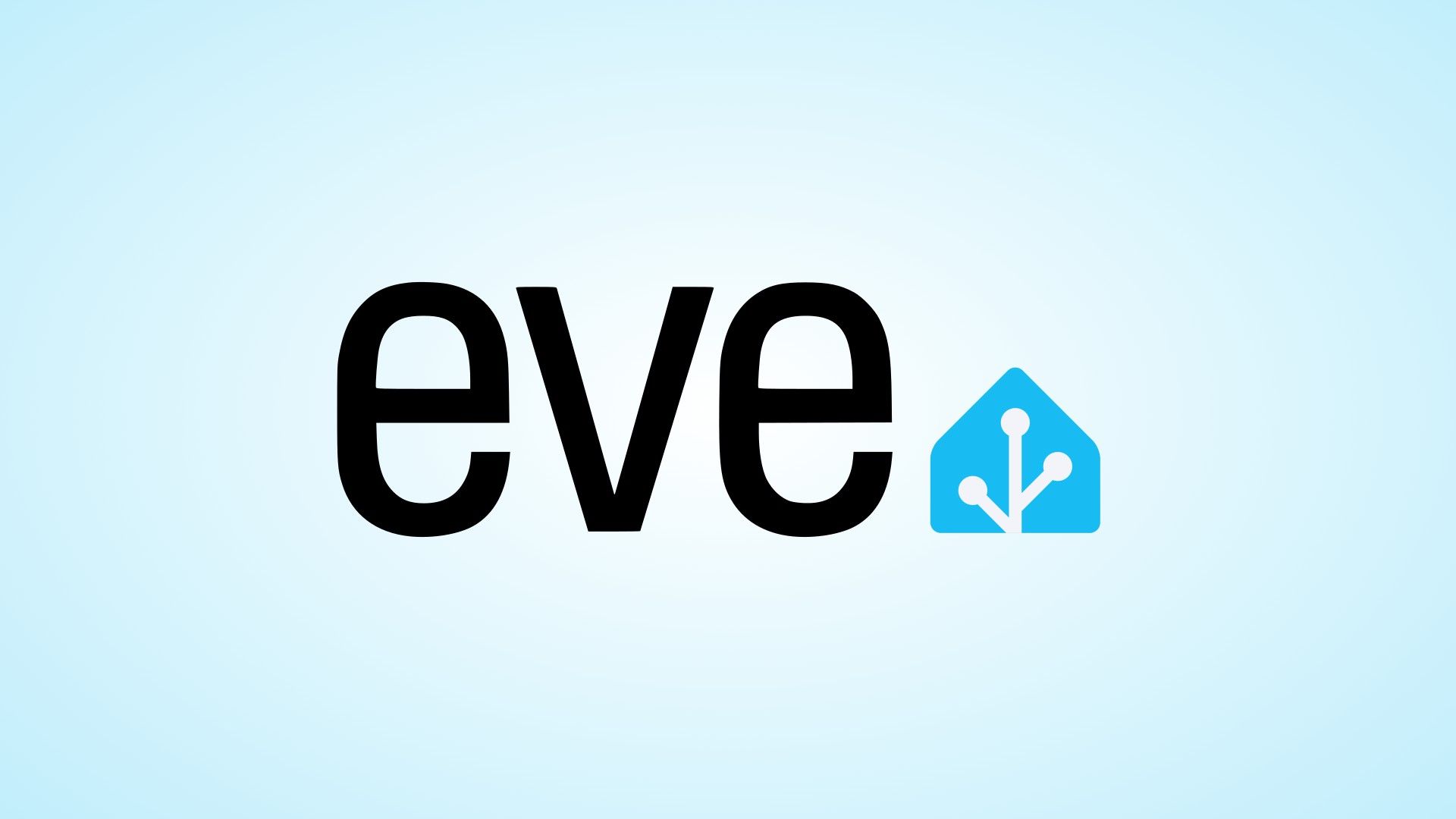
Related
Eve Joins the Growing List of “Works With Home Assistant” Smart Home Devices
Home Assistant keeps getting better.
4
Reolink
I used a Ring video doorbell for many years, and it was far from privacy-respecting. If you want to be able to see what triggered a motion event, which is one of the biggest reasons to have a video doorbell, you have to sign up for a paid subscription. All the video recordings are also stored in the cloud, so every recording from your device is sent to Ring’s servers.
As the cost of the subscription necessary to use my video doorbell continued to rise, I decided it was time to look for an alternative. After a lot of research, I decided to opt for a Reolink Video Doorbell.
There were two key reasons. The first is that it offers 24/7 recording with local storage using a Network Video Recorder (NVR) or on a microSD card. This allows me to access my recording history without a subscription and ensures that none of my recordings ever leave my home.
The second reason was that Reolink is another brand that is “Works with Home Assistant” certified. Not only do its products offer local control, but they also integrate easily into Home Assistant, allowing you to add your Reolink doorbell to your home automations.
I’ve been more than happy with my Reolink Video Doorbell, and it will pay for itself over time since I’m no longer paying the Ring subscription. The company also offers a wide range of security cameras.
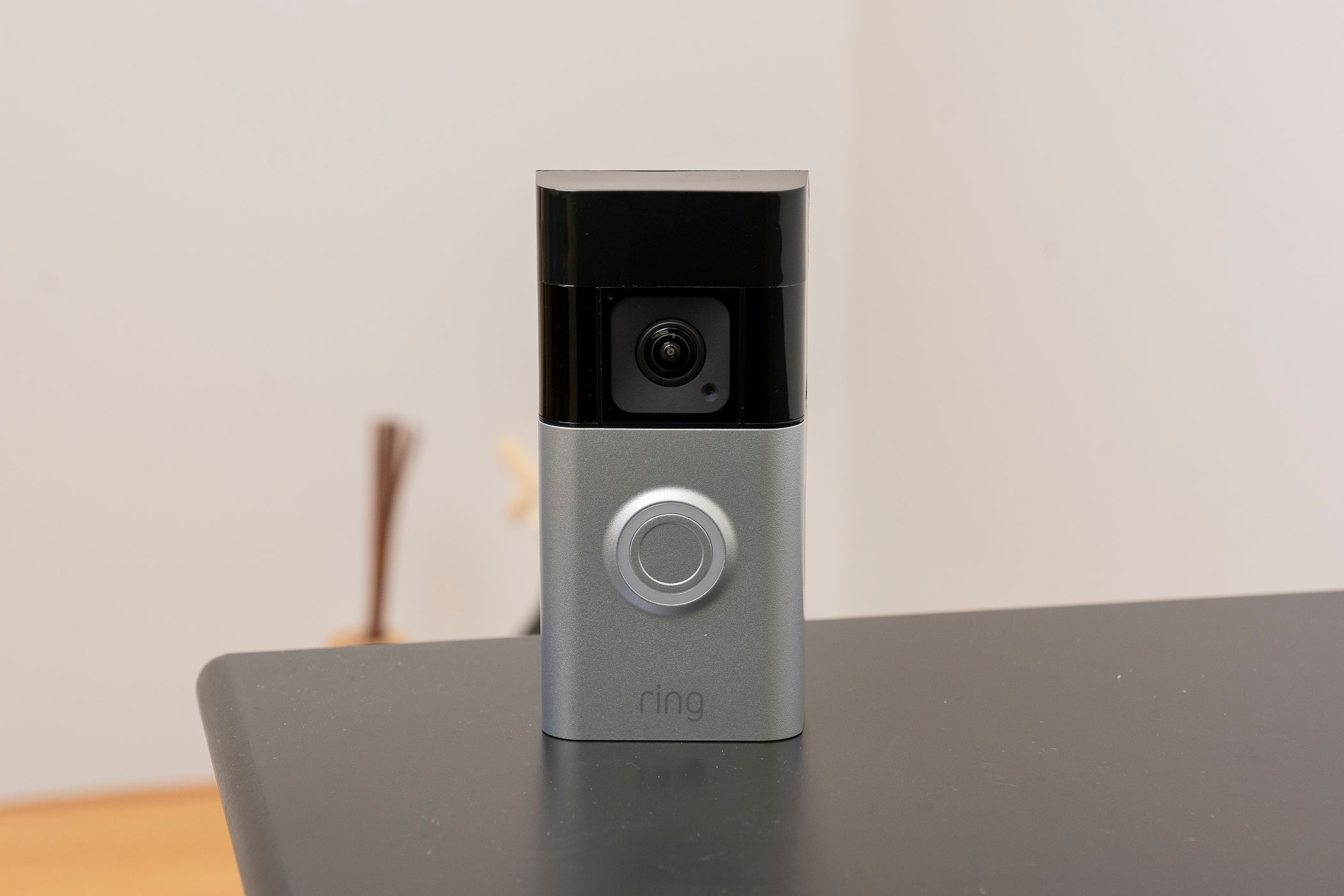
Related
Use HomeKit Secure Video With Home Assistant, Even If Your Camera Isn’t Compatible
Almost any camera can work with HomeKit Secure Video with Home Assistant and Scrypted.
3
Shelly
Shelly is another “Works with Home Assistant” certified brand, meaning that the company sells products that offer local control for greater privacy. However, there is a slight caveat here; Shelly is only certified for its Z-Wave products, which offer local control by default via a Z-Wave hub.
There are plenty of other Shelly products that you can control locally, however. You can use Wi-Fi to control Shelly devices directly from your smartphone over your local network. You can also control them with HTTP GET/POST requests using Shelly’s API or set up an MQTT broker to monitor and control your Shelly devices over MQTT.
Shelly offers a wide range of products, including smart lighting, smart heating and climate control, and smart doors and blinds.
2
Aqara
You guessed it: another “Works with Home Assistant” certified brand. Like Shelly, this one also has a limitation; it only applies to Aqara’s Matter products, which can be controlled locally without the need for an Aqara hub.
However, while many Aqara devices aren’t Matter-compatible and are intended to be controlled using Aqara’s proprietary hub, it’s possible to use many of them locally using Home Assistant add-ons such as Zigbee2MQTT. This software acts as a bridge between your Zigbee devices and an MQTT broker, allowing Home Assistant to talk directly to your Aqara devices without an Aqara hub.
The great thing about Aqara’s Zigbee devices is that they are low-cost and battery-powered, so you can place them almost anywhere you want. I use Aqara devices such as motion sensors and humidity sensors, all with local control through Home Assistant. One of my favorite smart home products is the Aqara Cube, which lets you control your smart home by performing actions with a cube, such as flipping sides, sliding it around, or even tossing it in the air.

Related
6 Smart Home Automations That Feel Like Magic
Sometimes my smart home still makes me feel like a wizard.
1
Apple
This last entry isn’t really a smart home brand at all, but if you don’t want to go through the considerable learning curve required to use software such as Home Assistant, then Apple is the mainstream smart home ecosystem that most respects your privacy.
All communication between your Apple devices and your HomeKit devices is end-to-end encrypted, meaning even Apple can’t access it. Many operations, such as turning devices on and off or simple automations, are completely local so that no data ever leaves your home.
A lot of processing also happens locally. For example, if you have video doorbells set up to use HomeKit Secure Video, processing for features such as facial recognition takes place locally on your home hub device.
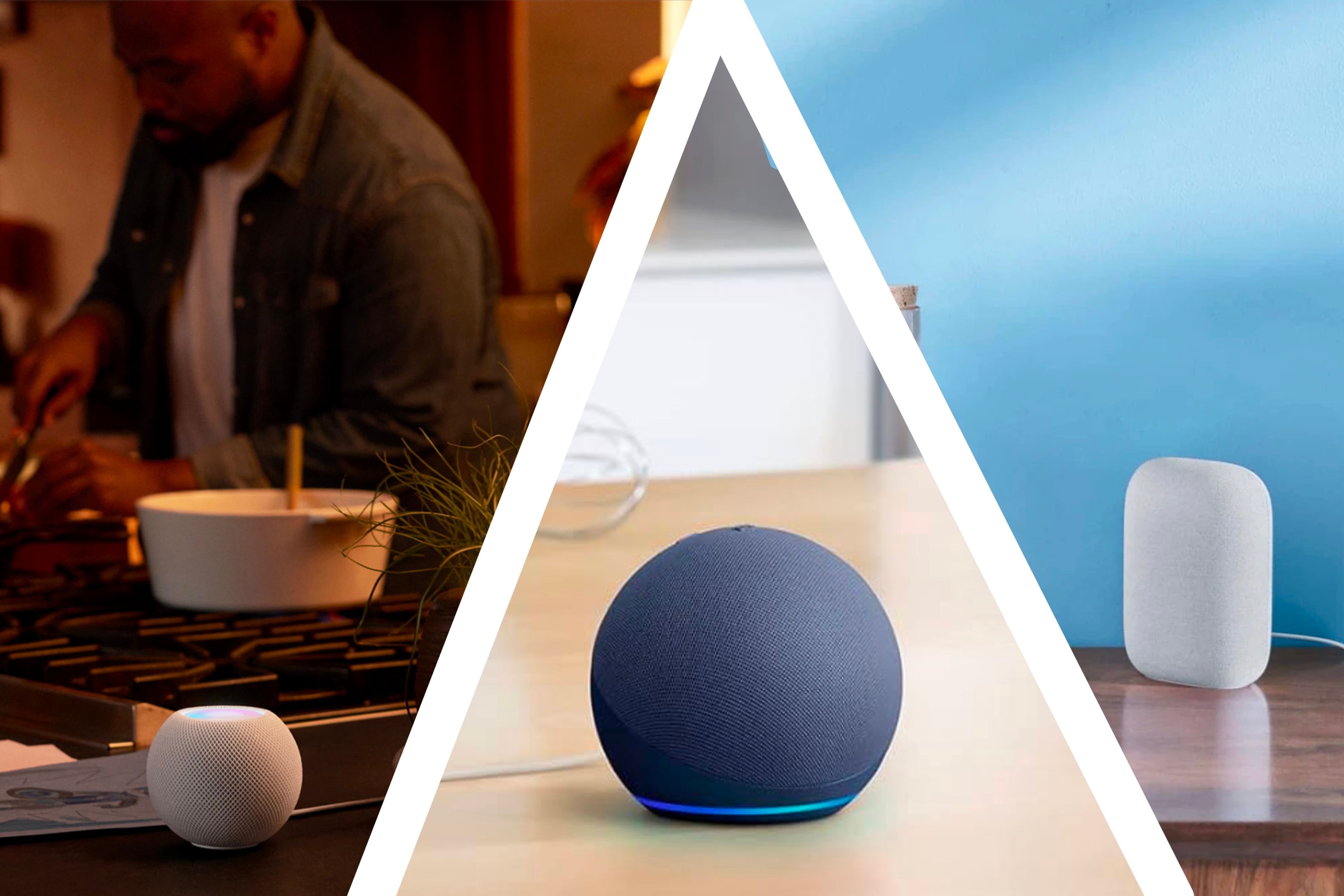
Related
Why Apple Home Is Better Than Amazon and Google’s Smart Home
Google Home and Alexa support more devices, but Apple has the best features.
Many smart home brands require the use of cloud services for their products to work, meaning you’re forced to expose your devices outside of your local network. This not only puts your data at risk but also leaves you more vulnerable to remote hacking.
Thankfully, there are smart home brands out there that understand that many people are looking for smart home products with local control and that respect your privacy. The brands listed above aren’t the only options, but they’re a good place to start.


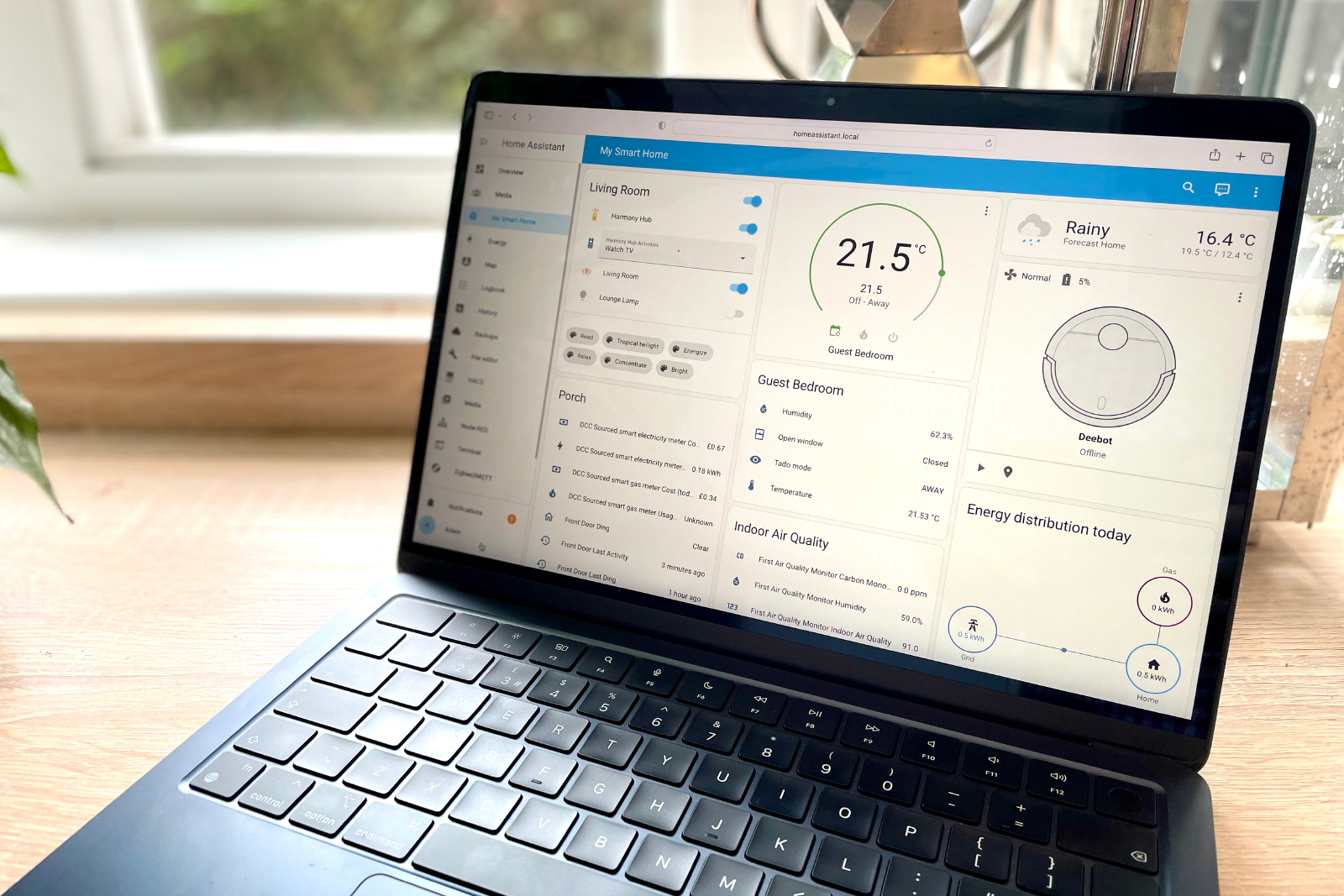
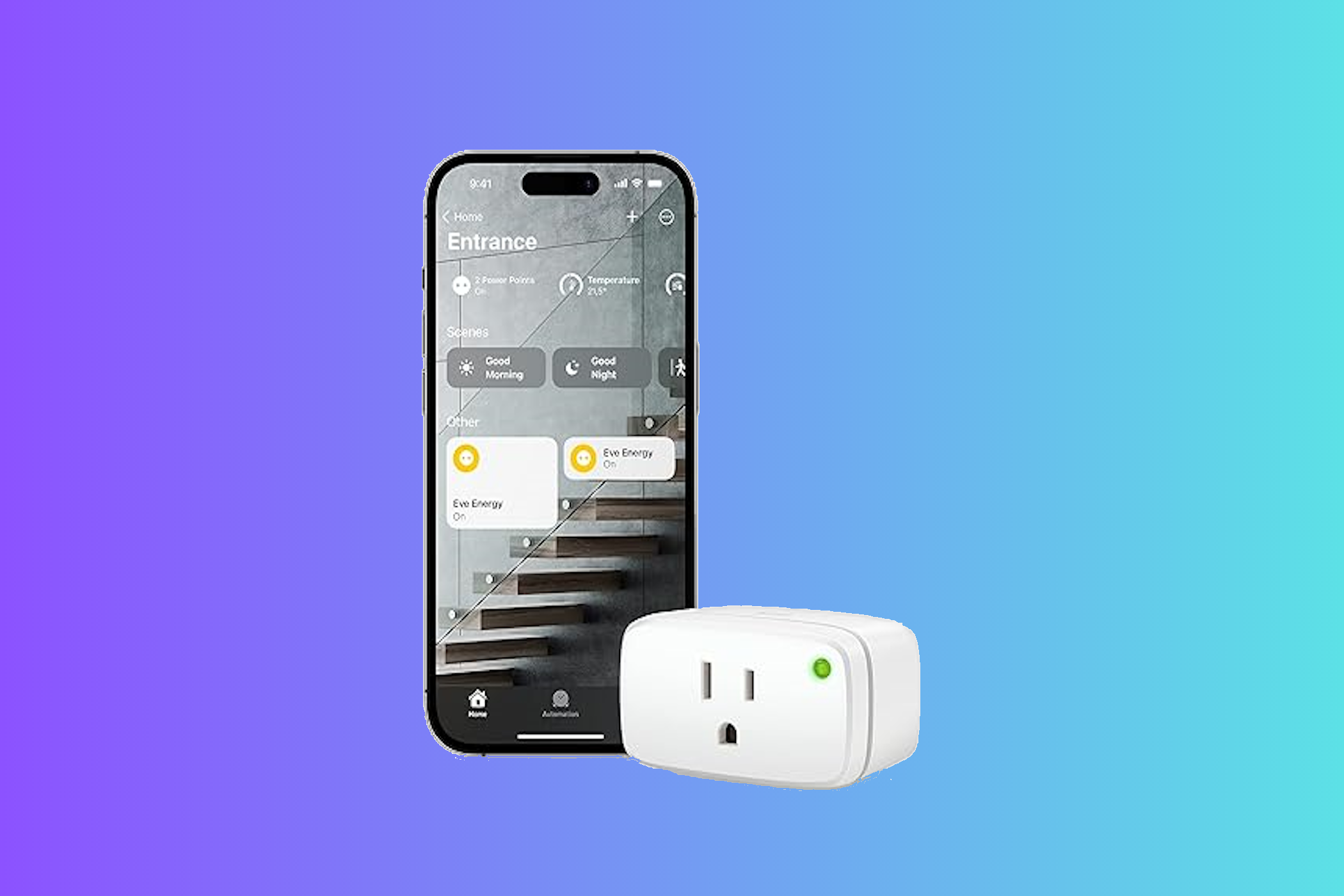
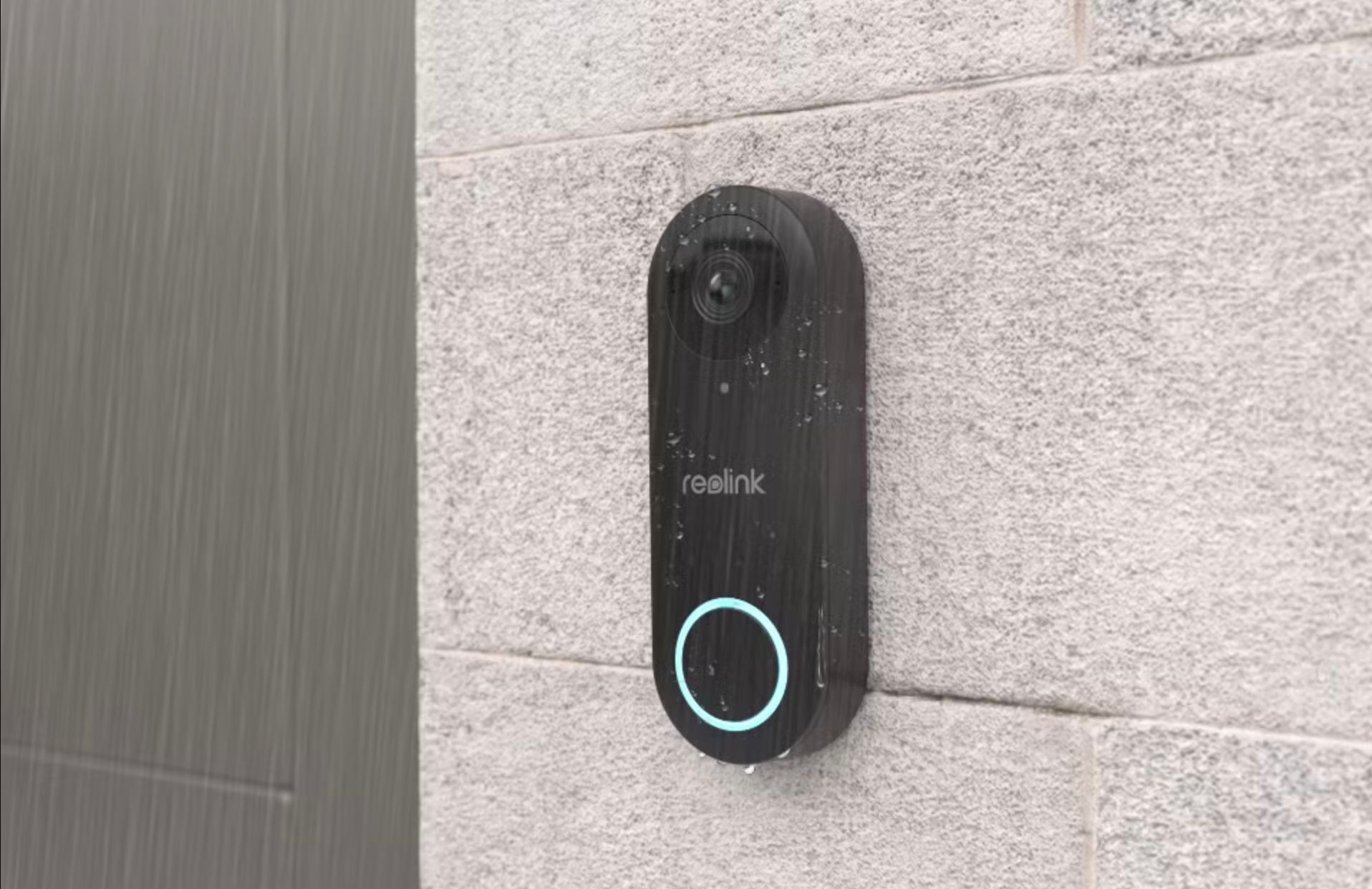
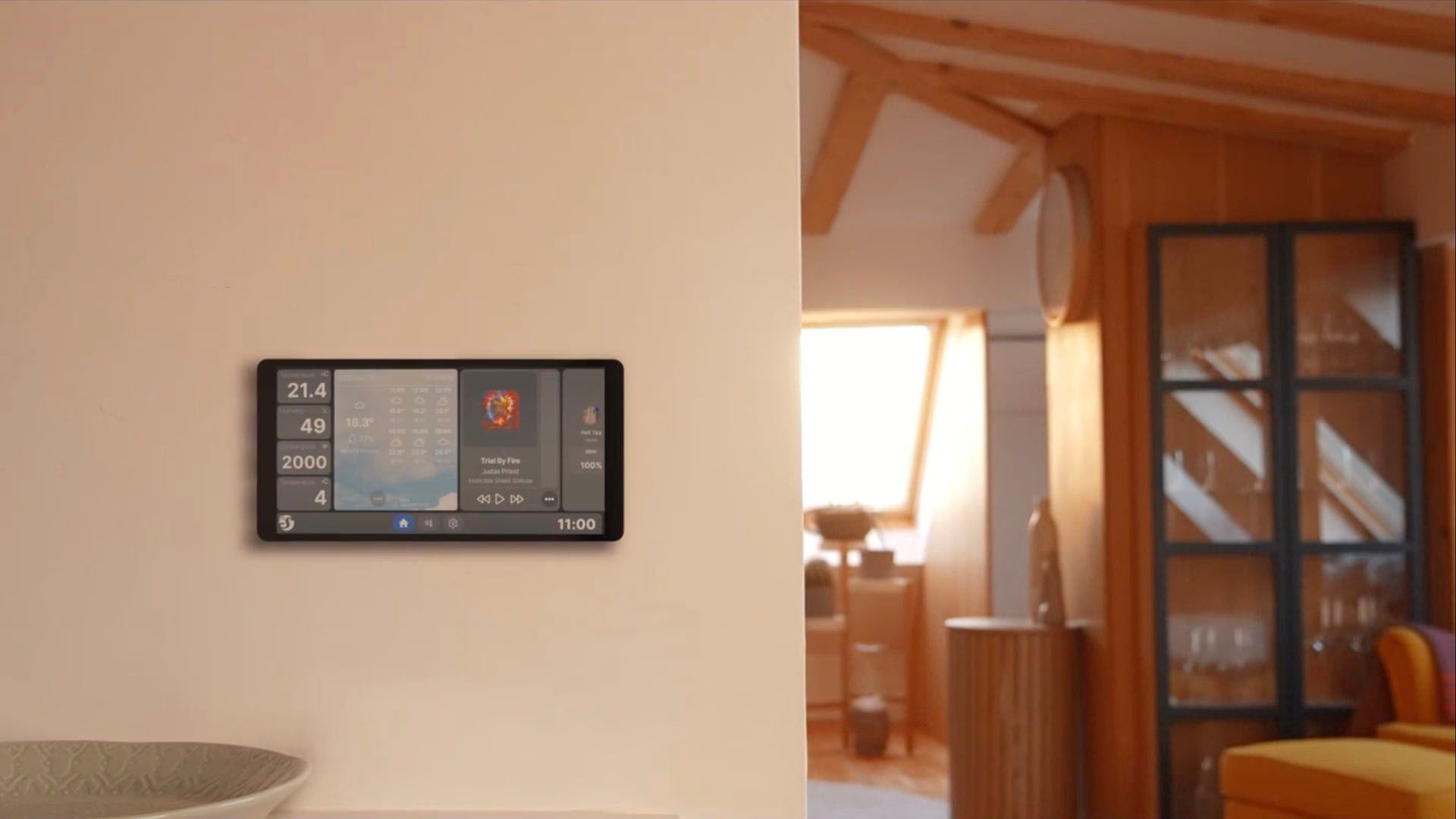

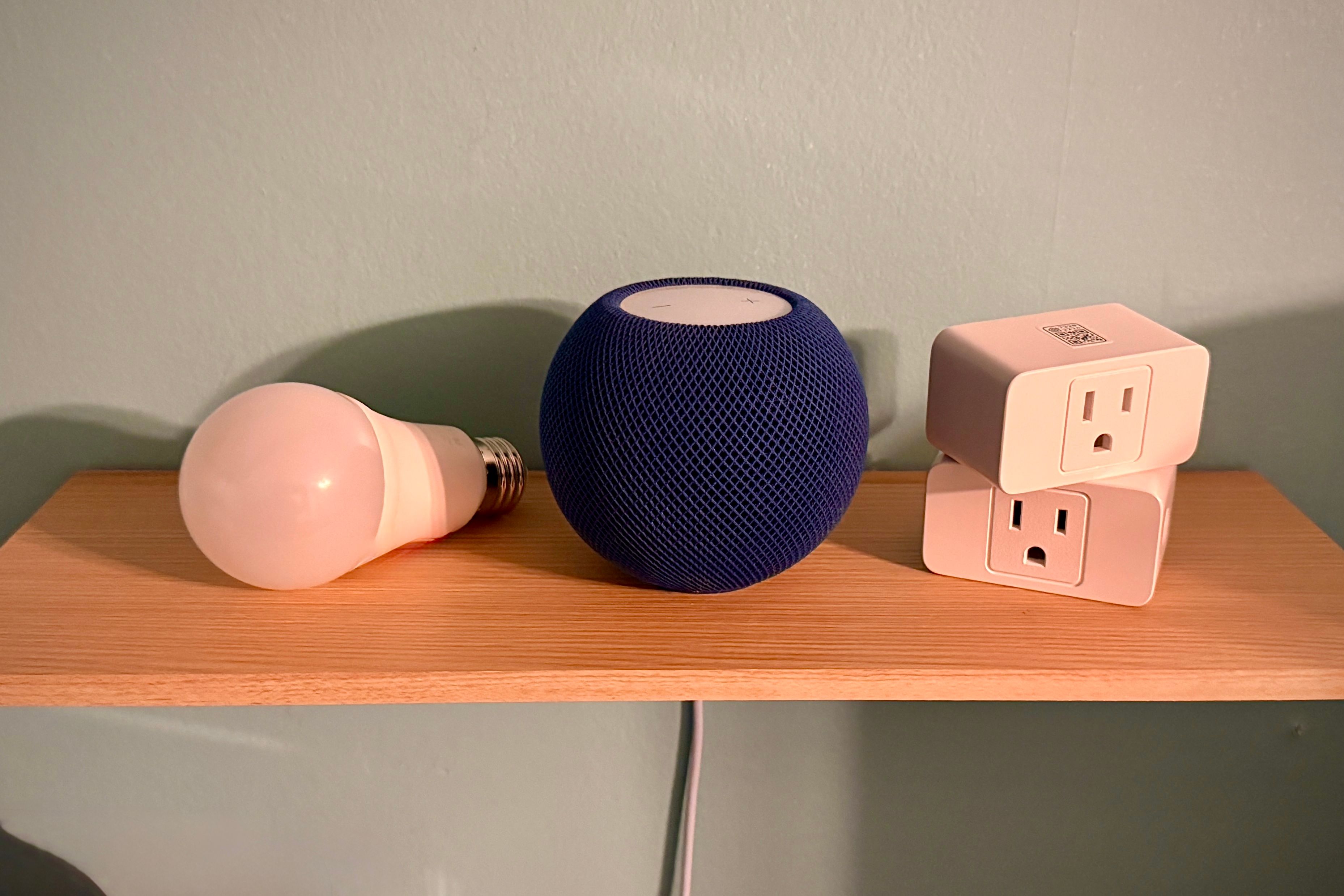

:max_bytes(150000):strip_icc()/twoku-twtich-roku-app-2053432b763a40d788ef726974d9ed2a.png?w=1174&resize=1174,862&ssl=1)



Leave a Comment
Your email address will not be published. Required fields are marked *